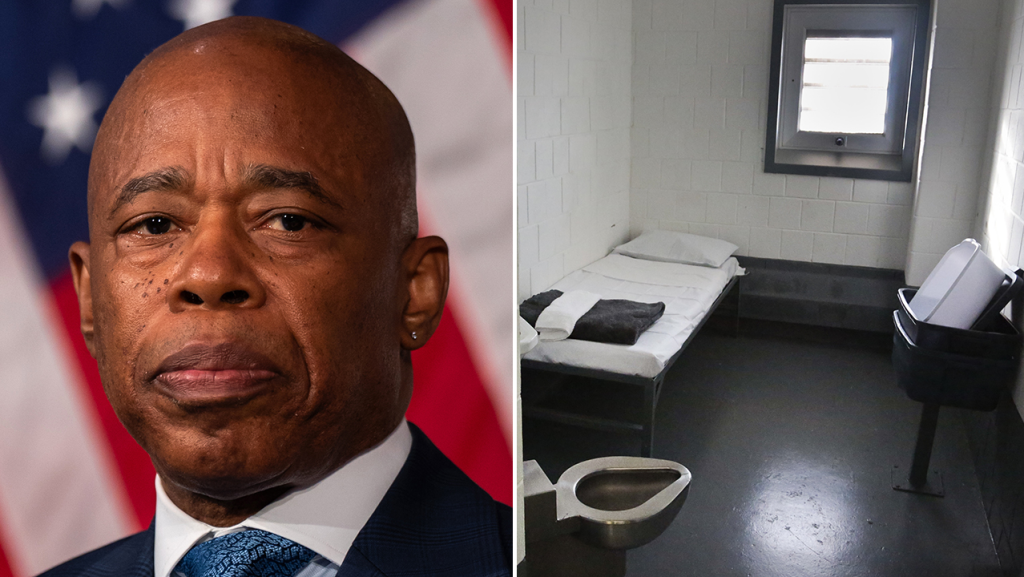New York City Mayor Eric Adams has issued an emergency executive order suspending parts of a new law that would limit solitary confinement in city jails, citing concerns about safety and resources. The law, which went into effect Sunday, aimed to impose a four-hour time limit on holding prisoners in “de-escalation confinement” and restrict the use of restraints on prisoners during transport. Adams argued that compliance with these provisions would require a significant increase in staff and resources that are not currently available.
Adams also suspended a part of the law that limited the amount of time prisoners could spend in longer-term “restrictive housing” to 60 days within a 12-month period. Instead, his order requires jail officials to review a prisoner’s placement in restrictive housing every 15 days. The law was passed by the New York City Council in December, with Adams’ veto being overridden the following month. City Council spokesperson Shirley Limongi criticized Adams’ order, accusing his administration of showing disrespect for the law and democracy and leaving city jails and staff in a more dangerous position.
The bill to limit solitary confinement was introduced by New York City Public Advocate Jumaane Williams, who argued that it constitutes torture for those subjected to long hours of isolation. Supporters of the new law, including members of New York’s congressional delegation, cited research showing that even a few days in solitary confinement can increase the likelihood of inmate suicide, violence, or overdose. It can also lead to mental health issues that may hinder an inmate’s ability to reintegrate into society after release.
The labor union representing the city’s jail guards opposed the legislation, citing concerns about the safety of corrections officers. The Correction Officers’ Benevolent Association pointed out that even under the previous rules for punitive segregation, there were still numerous cases of detainees assaulting jail guards, including instances of sexual assault. Adams’ emergency order to suspend parts of the law was met with criticism from supporters of the legislation who argued that existing safety exemptions made the order unnecessary and accused Adams of overusing executive orders without justification.
Overall, the issue of solitary confinement in New York City jails remains contentious, with advocates arguing that the practice is inhumane and detrimental to inmates’ mental health. The suspension of parts of the new law by Mayor Adams highlights the ongoing debate between prioritizing inmate safety and addressing the concerns of correctional staff. As the situation continues to unfold, it is clear that finding a balance between ensuring the well-being of both prisoners and jail workers will be a challenging task for city officials in the coming months.













